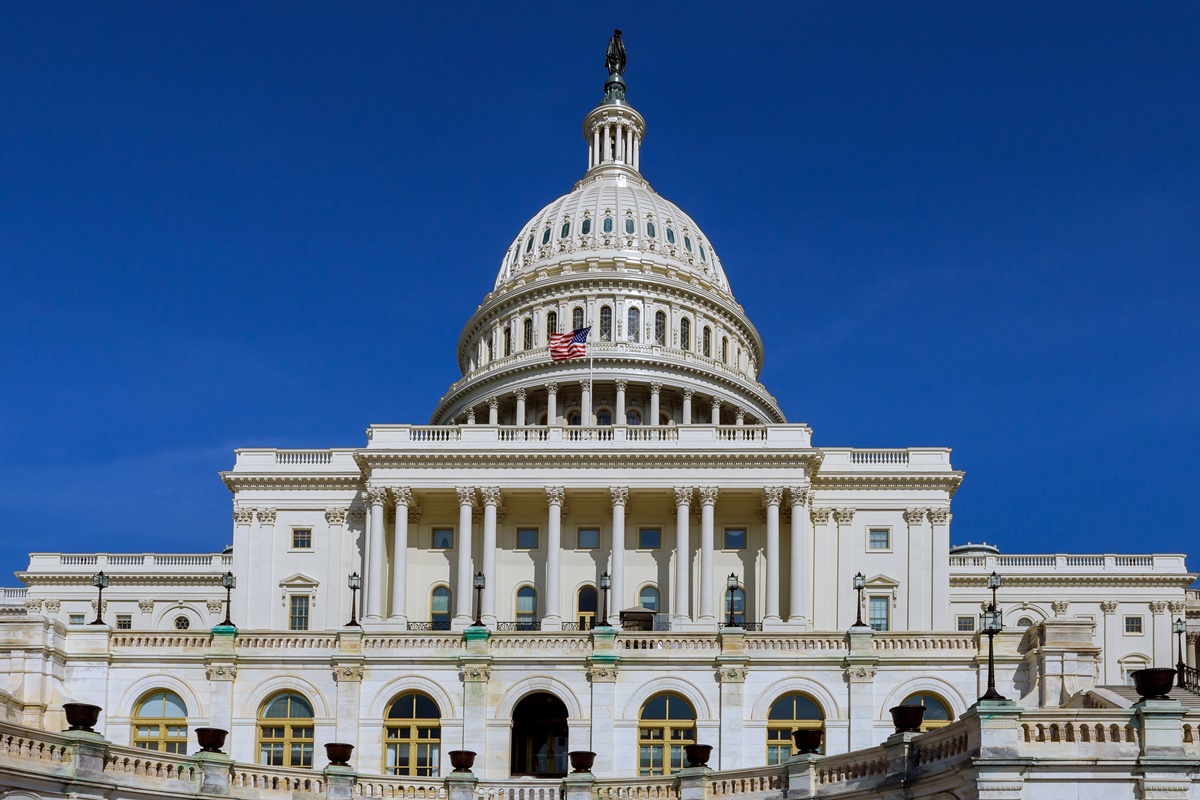
On Tuesday, senior lawmakers in Congress unveiled a bipartisan agreement aimed at expanding the child tax credit and introducing a series of tax breaks for businesses. The $78 billion deal, negotiated by House Ways and Means Chair Jason Smith (R-Mo.) and Senate Finance Chair Ron Wyden (D-Ore.), marks the culmination of months of discussions in the divided Congress.
According to Smith, the agreement is set to benefit American families by providing increased tax relief, supporting Main Street businesses, enhancing competitiveness with China, and fostering job creation. The deal also includes provisions for disaster relief and streamlining processes for small businesses, while discontinuing a COVID-era program associated with significant taxpayer fraud.
The details of the agreement, previously reported by NBC News, outline the enhancement of refundable child tax credits. The aim is to offer financial relief to struggling families, particularly those with multiple children. The deal removes the $1,600 refundable cap on the tax credit and adjusts it for inflation.
An analysis by the Center on Budget and Policy Priorities suggests that the new child tax credit policy could benefit approximately 16 million children in low-income families. The expansion is anticipated to significantly reduce child poverty, lifting as many as 400,000 children above the poverty line in the first year and improving the financial situation of an additional 3 million children.
Democrats, seeking a larger child tax credit following the expiration of an earlier version, expressed satisfaction with the agreement, despite it providing smaller benefits than the monthly payments under the American Rescue Plan. Senator Wyden highlighted that 15 million kids from low-income families stand to benefit from the plan, emphasizing its significance in the current political climate.
On the Republican side, the motivation behind the agreement was to revive certain expired portions of the 2017 Trump tax cuts for businesses. The deal encompasses provisions such as expensing for research and experimental costs, restoration of an earlier interest deduction, expansion of small-business expensing, and extension of bonus depreciation.
Senator Wyden aims to pass the deal by the beginning of the tax filing season on Jan. 29, although uncertainties exist due to Congress juggling other priorities, including averting a government shutdown and completing funding processes. If successful, it would represent a rare legislative achievement on a politically sensitive issue by a historically unproductive and divided Congress.